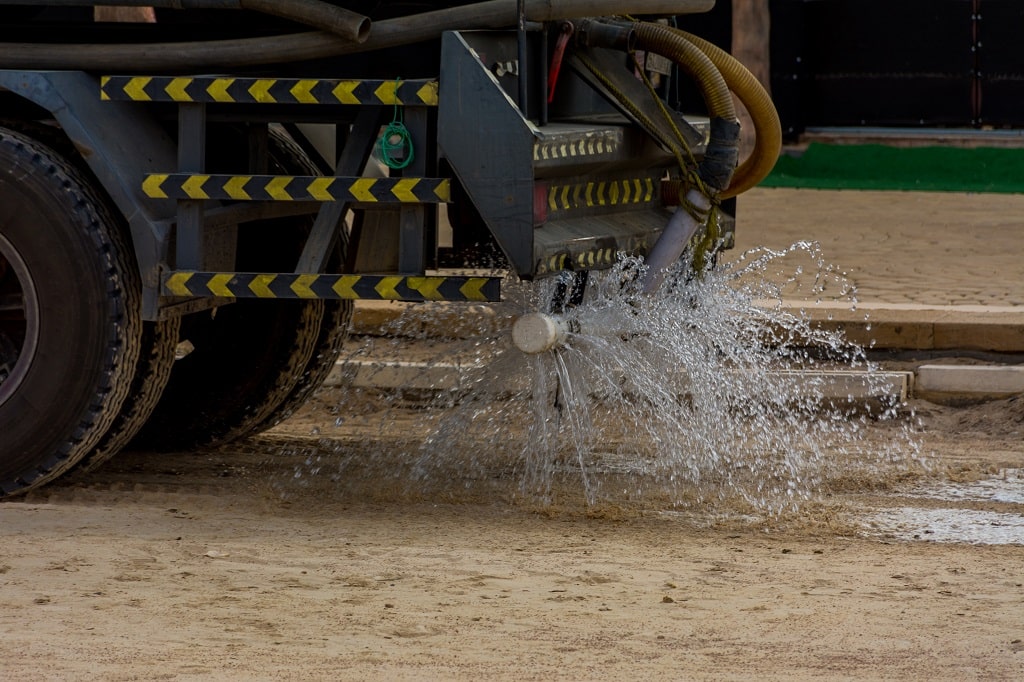- Joined
- May 15, 2019
- Messages
- 34
- Reaction score
- 11
I encountered a truly bizarre phenomenon. By some unknown mechanism, my instant ocean salt mix is giving off some unidentified liquid. It is so crazy that I had to share my experience and see if anyone else could relate. The bag is a few years old, and a strange clear liquid forms around the bottom of the bag. The liquid gets created so rapidly and so greatly that it will drip and spread all over everything else where it is stored. I have to keep it wrapped up in plastic garbage bags, and when I take it out it forms a small puddle. I’ve wiped it dry and then a month later it is again soaked in this liquid. I have a bachelor’s degree in marine science, yet I cannot explain how this could be happening. The liquid has similar properties somewhat similar to propylene glycol. It is not water soluble and I have to use organic solvents ( i.e. alcohol) to clean it up. The inside of the bag seems moist, but there’s not a pool of the liquid, however the salt could just be acting like a sponge and absorbing it.
Does anyone have idea what the liquid could be or where it’s coming from? Has ANYONE else experienced this?
Does anyone have idea what the liquid could be or where it’s coming from? Has ANYONE else experienced this?



















